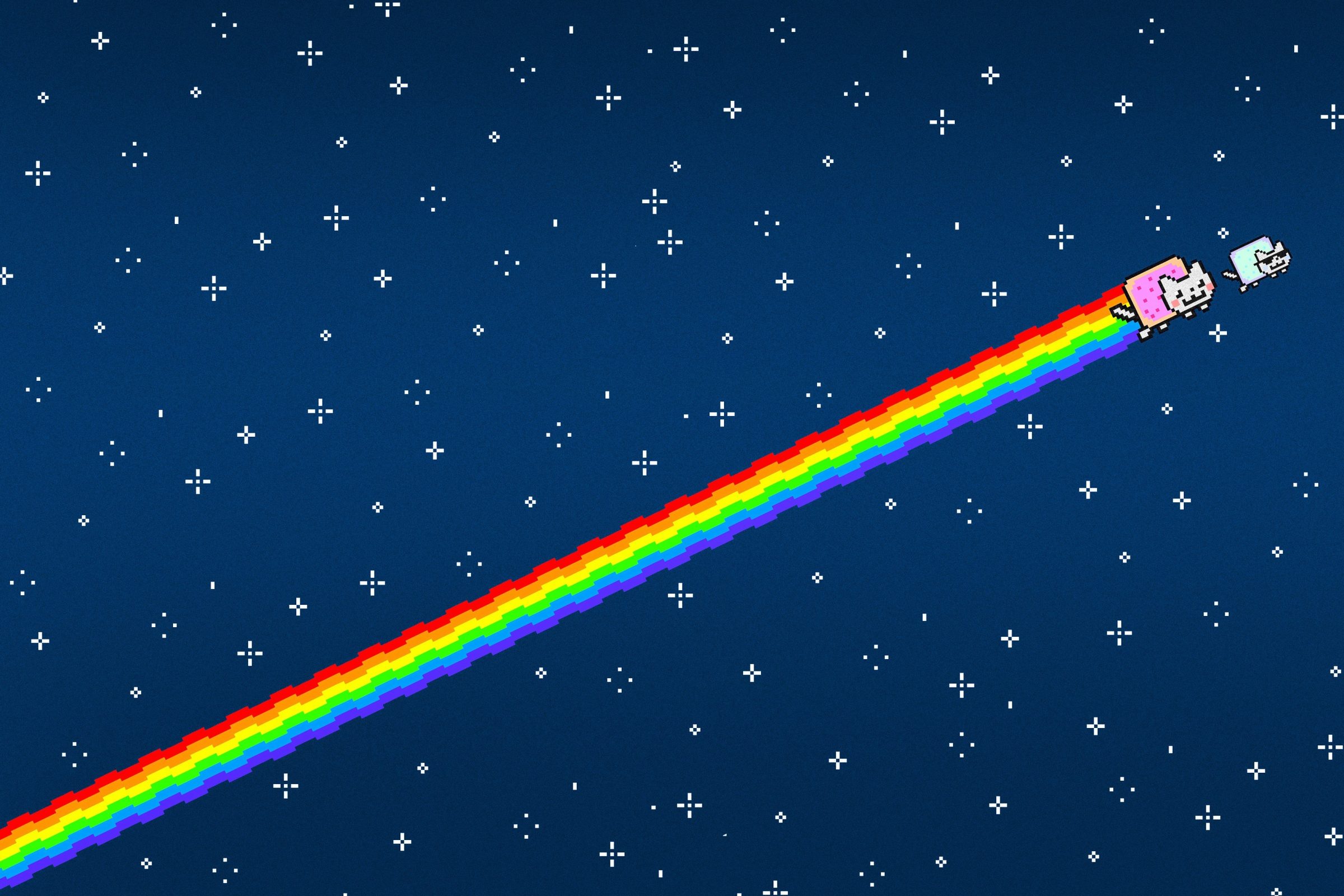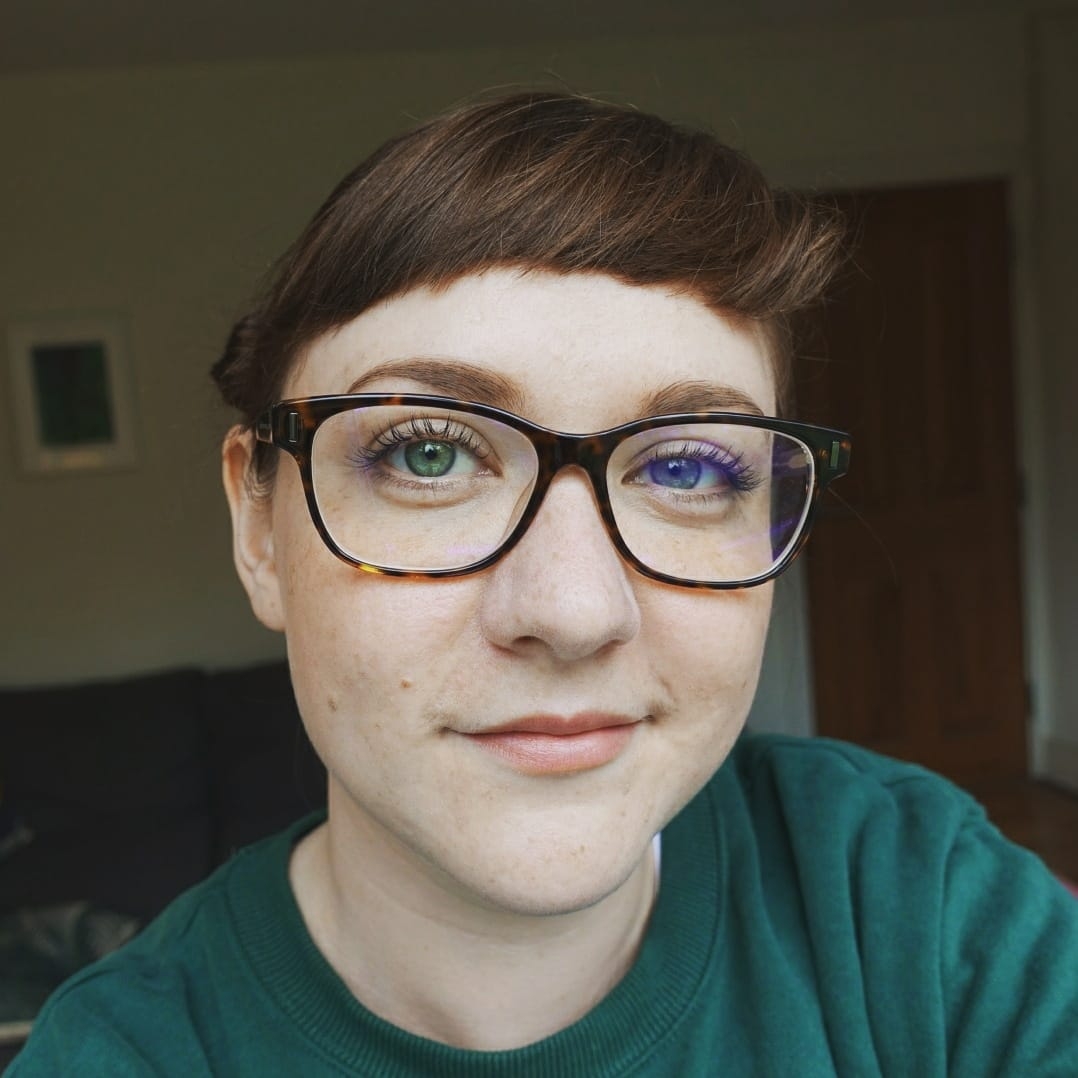IN THE NEWS
I am regularly interviewed as a social media, Internet and influencer culture expert by journalists and have featured in Wired, The Guardian, The Washington Post, The Telegraph, BBC 5 Live radio, Vice, GQ, Rolling Stone UK, Time and Esquire, amongst others. If you’re a journalist looking for a quote, then please get in touch.
‘Why YouTubers are feeling the burn’ Chris Stokel-Walker, The Guardian (12th August 2018)
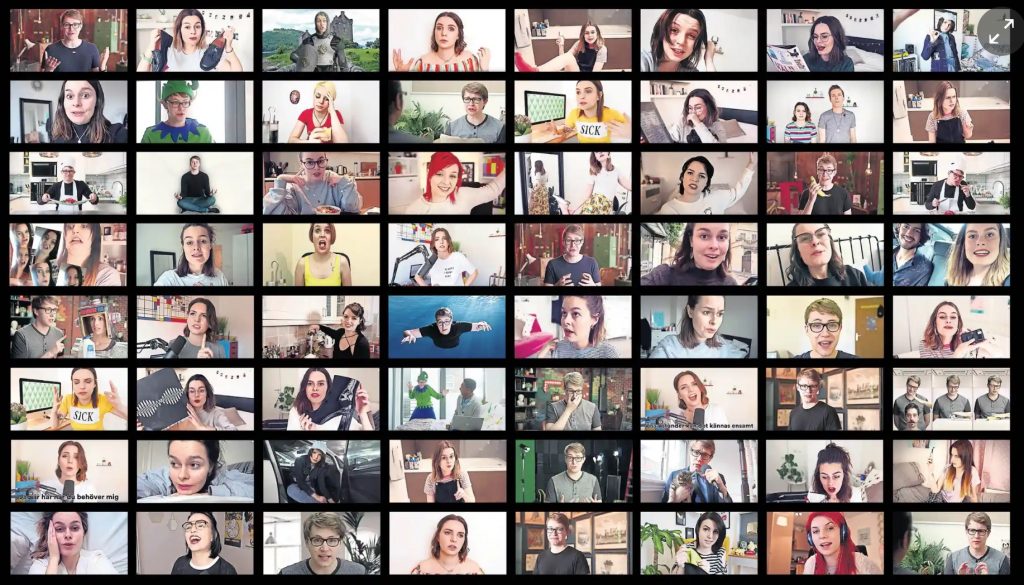
“YouTube’s algorithms prefer channels that have regular uploads and a narrow focus in terms of content,” explains Zoe Glatt, a PhD researcher conducting a digital ethnography of YouTube creators at the London School of Economics. “Creators are encouraged to pursue a quantity-over-quality approach if they want to achieve success on YouTube. This, combined with a lack of clarity about what content exactly YouTube will promote and what might be demonetised, leads to an extremely precarious and stressful working life for creators.”
‘The great YouTube exodus is coming — leaving AI junk and MrBeast to reign supreme’ Lindsay Dodgson, Business Insider (12th March 2024)

Zoe Glatt, a digital ethnographer and feminist media scholar, told Business Insider she thinks the number of “high-profile OG YouTubers” leaving has to do with already existing problems with being a content creator being exacerbated in recent years… Content creation has always been precarious,” she said, fraught with “uncertainty and burnout” caused by how unpredictable it is to build a career on a platform that is constantly changing, and that has “opaque algorithmic systems and unreliable monetization mechanisms.”
Despite being generally considered one of the top social media platforms for creator compensation, YouTube has struggled in the past with combating hate speech and conspiracy theories, making its copyright claim system fair and consistent, and how to balance free speech with being advertiser-friendly.
Glatt said a few elite creators have managed to navigate all the changes to cultivate their presence for 10 years or more. That’s why some of the recent departures have been so shocking, she said. “But when we look at the longer trajectory, it becomes clear that this shift has been a long time coming,” she said.
Since TikTok exploded in popularity circa 2018, other platforms have been playing “catch up” in the game of short-form content, Glatt said. There have been many complaints among creators about YouTube’s prioritization of shorts, for example, over longer videos, she added. When YouTube prioritizes one metric or type of content over another, she said, “This sends ripples across the platform ecosystem, upending previously successful creators and entire genres.” The result is that even long-standing creators with large followings don’t feel like the work they are putting into their channels is paying off, leading them to pivot, or even give up altogether. “The creators who have left recently have seen this process happen time and again,” Glatt said. “And for one reason or another this time round, they have decided to leave…”
When creators like Patrick (MatPat) started out, they had fewer responsibilities, Glatt said. “Many of them are now in their 30s or 40s, have children and mortgages, and simply cannot afford to gamble on such an unpredictable career.”
‘Here’s why bimbos are having a renaissance on TikTok’ Charlotte Colombo, Metro UK (25th August 2022)
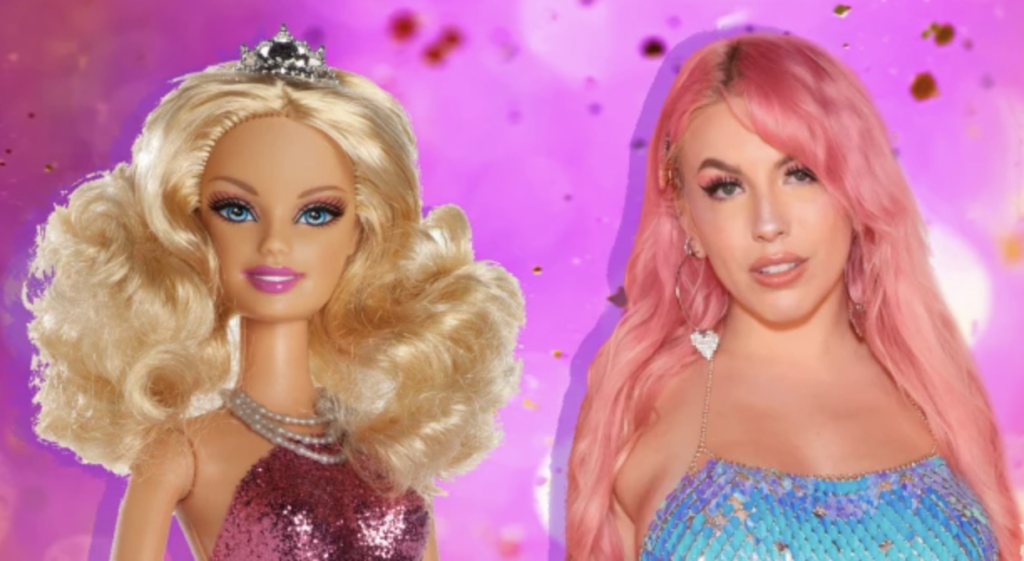
“Zoe Glatt, a PhD researcher in internet culture and feminism, describes the rise of #BimboTok as a ‘reclamation of the word’. While women were previously boxed into the term by men, they are now using the term to ‘celebrate hyperfemininity whilst disavowing the male gaze.’
…
Zoe tells Metro.co.uk that #BimboTok ‘is a tongue in cheek and celebratory feminist movement, lighthearted but also radically leftwing’. As pointed out by Zoe, at the heart of #BimboToker’s content is a rhetoric that is trans-inclusive, antiracist, sex work positive, anticapitalist, and ‘in line with the broadly more socially progressive Gen Z’.
…
But when it comes to bimbos, there is no sense of competition or one quality of womanhood winning out over the other since, as Zoe points out, they are ‘less attached to the idea that to be taken seriously they have to subdue their femininity or sexuality’”
‘Why So Many YouTube and TikTok Stars Want to Sell You a Shirt (And Maybe a Burger)’ Chris Stokel-Walker, Time (15th April 2022)
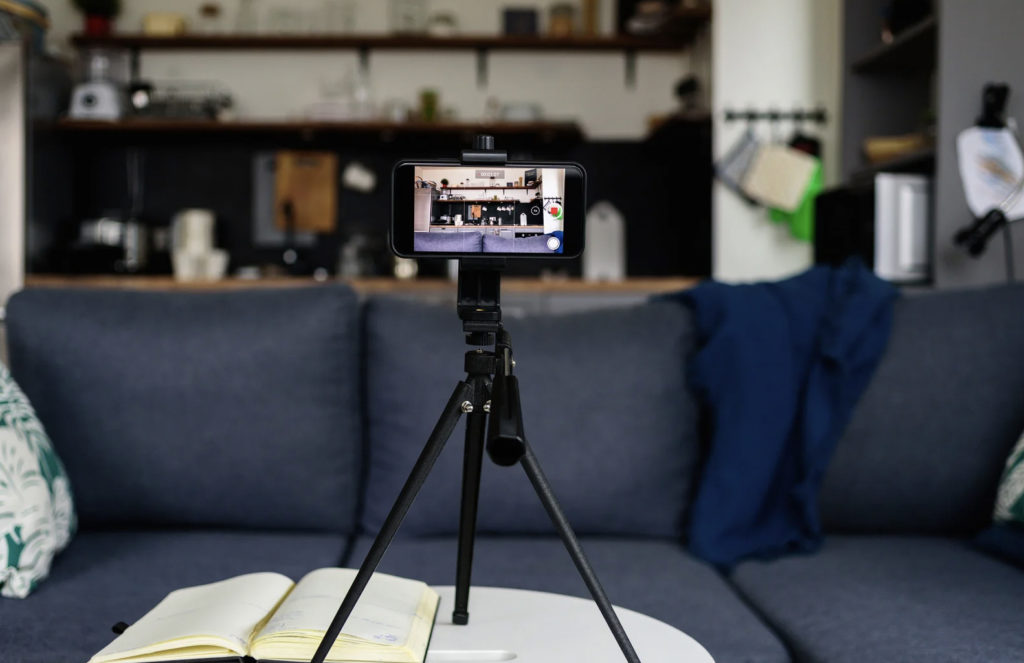
In fact, says Zoe Glatt at the London School of Economics, who studies YouTubers’ life and businesses, creators are now tapping into multiple income sources to maintain stability.”Content creators are required to diversify their labor and income streams across many platforms and projects if they hope to build sustainable audiences and careers,” says Glatt. “At a fundamental level, there is a deep-seated anxiety in the creator community that a platform that appears to be a pillar of the social media ecology can disappear overnight.”
…
Glatt says that it’s no longer enough to simply be ‘just’ a YouTuber; you’re expected to be a brand, producing for YouTube, TikTok, Instagram, Twitch, and any other platform that will come along in the future. “Entrepreneurial creators understand themselves as cross-platform, multi-media brands, simultaneously dependent on and independent from the platforms that they work across,” says Glatt.
‘Die große Freiheit der Superstars’ Johannes Böhme, Brand Eins (25th February 2022)
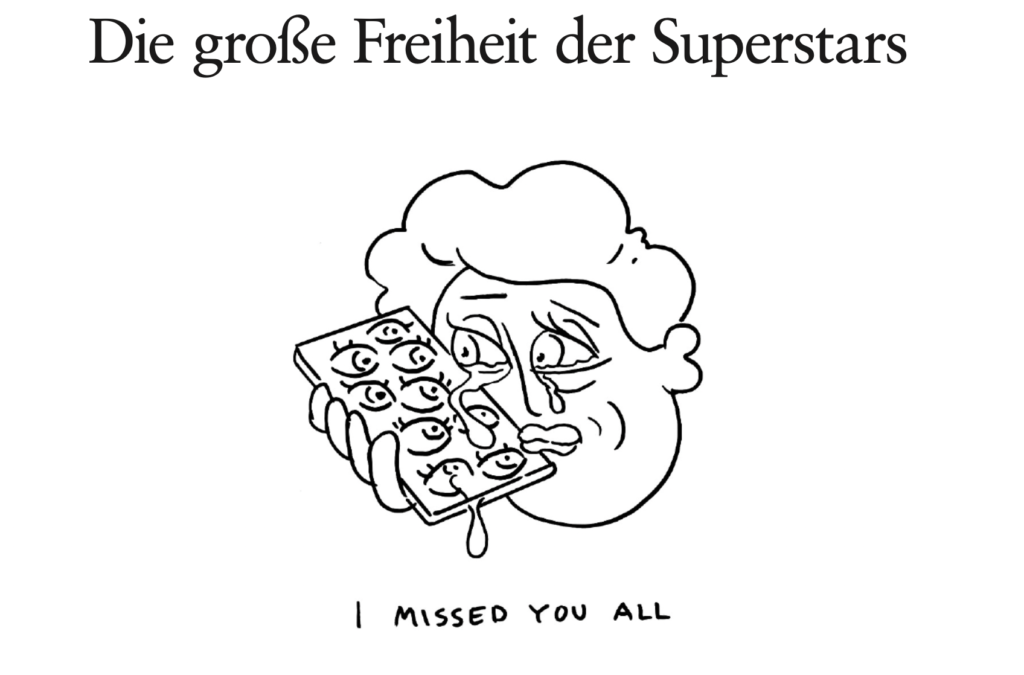
Everywhere, much of the revenue is concentrated with a very small group. The vast majority deserves extra income at best. The imbalance has worsened in recent years. The sociologist Zoë Glatt from the London School of Economics points out, for example, that the large YouTube accounts with more than one million subscribers grew by 65 percent in 2019. The smaller ones with fewer than 1,000 subscribers, on the other hand, stagnated. “Small accounts fight against the recommendation algorithm of the platforms that prefer large accounts,” says Glatt. The only big exception to this rule is Tiktok, whose algorithm allows some newcomers to reach an audience of millions in a few months.
‘Whatever happened to the Brit Crew?’ Amelia Tait, Rolling Stone UK (10th December 2021)
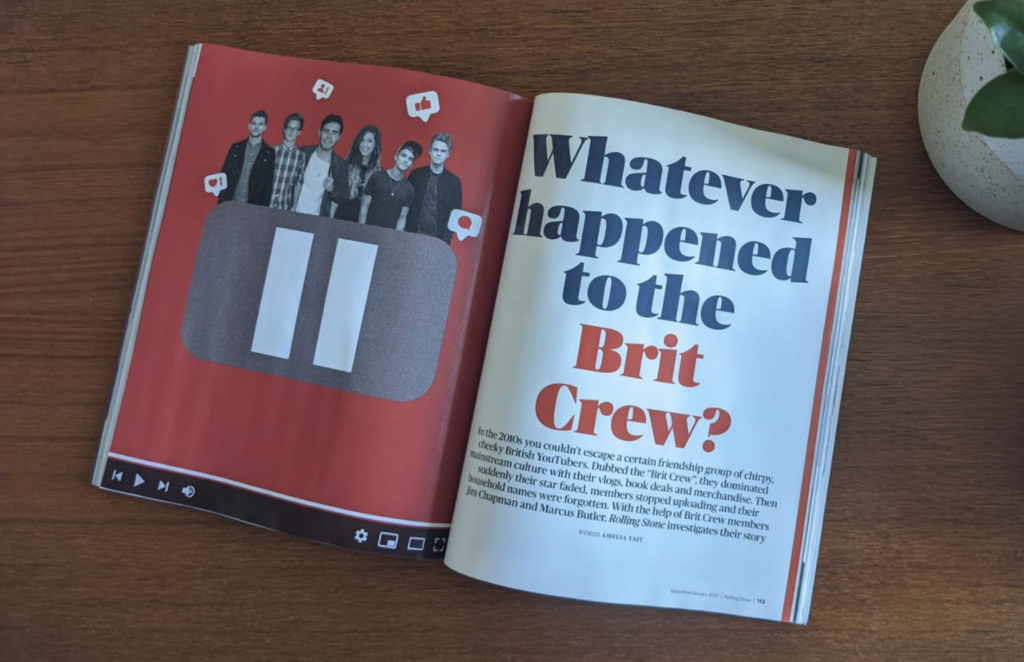
Zoë Glatt, a digital anthropology researcher at the London School of Economics, notes: “The commodity being sold in their videos is the vlogger themself – their lifestyle, activities, tastes and relationships.”
‘TikTok’s LGBTQ+ Discourse is Just a Re-Run of Tumblr’ Charli Clement, VICE (27th January 2021)

Why does this duplicated discourse occur? “Social media platforms have long been the place where subcultures and marginalized people have flourished, where those who feel isolated in their offline context can meet like minded people,” Zoe Glatt, a PhD Researcher at London School of Economics in Media and Communications, told Motherboard. “It used to be that LGBTQ+ communities existed in small pockets of the Internet, on Tumblr and YouTube,” she continued, “but in recent years, shifting attitudes towards gender and sexuality have meant that LGBTQ+ concerns and discourses have become much more part of the mainstream.”
…
“The discourses that circulate on social media have a profound impact on communities in the offline world,” Glatt added, “not because media determines social life, but because media is a part of social life.”
‘TikTok creators are paying brokers $1,000 to get verified on the app’ Chris Stokel-Walker, Business Insider (1st December 2020)
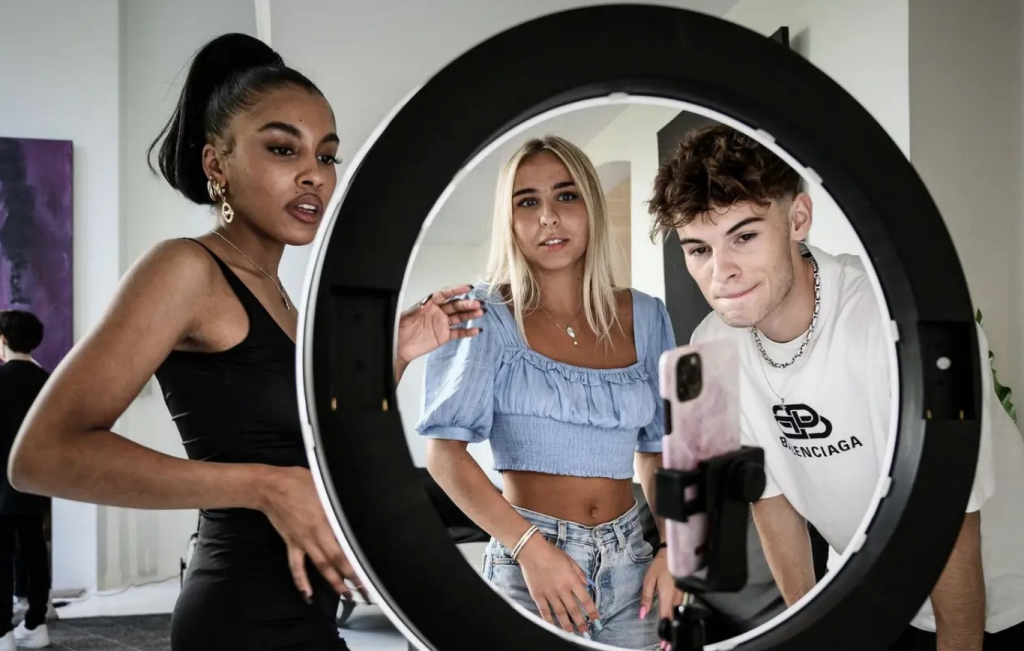
“It doesn’t surprise me in the least that people would be willing to spend upwards of $1,000 to be marked as verified on TikTok,” said Zoe Glatt, an academic studying social media at the London School of Economics… “In the influencer industry, which is based on an economy of visibility (who can gain the most eyeballs), there is a long tradition of paying for fake followers and views. Verification is just another facet of the same logic: creators trying to appear to be popular and legitimate in the hopes that it will lead to income opportunities down the line, especially with brands.”
‘Charli D’Amelio first person to hit 100 million TikTok followers’ Katie Collins, CNET (22nd November 2020)
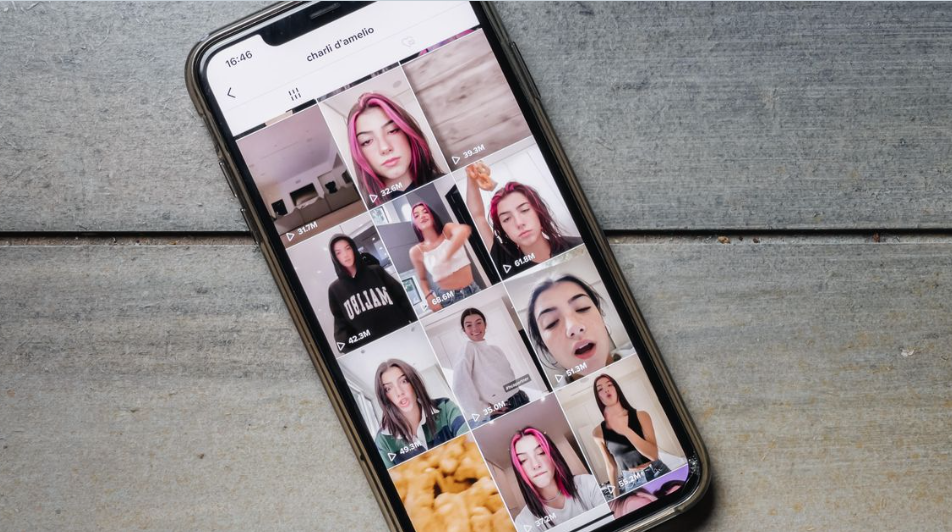
Earlier this year, D’Amelio was falsely credited with creating the “Renegade” dance, which was actually the work of Black teenager Jalaiah Harmon from Atlanta, Georgia — not something she had claimed, but that was widely assumed due to her viral version of the dance. “This story tells us something about the culture of TikTok, where white creators commonly appropriate aspects of Black culture,” says Glatt. The episode led to D’Amelio and others more frequently adding dance credits in their TikTok captions to ensure the creator was being recognized.
…
“It is precisely her ordinariness that is the key to her success,” says Zoe Glatt, a digital anthropologist and critical intersectional feminist researcher at London School of Economics. “With her pretty girl-next-door vibe, she exemplifies the ideal package for a TikToker: Relatable, authentic, normatively attractive, youthful, fun, unthreatening and uncontroversial.”
…
According to Glatt, this incident “demonstrates the fragility of online fame, especially for young women who are held to impossibly high standards of behaviour as compared to their male counterparts.”
‘Would you pay to follow an influencer?’ Chris Stokel-Walker, BBC Worklife (22nd September 2020)

“For me, what these membership schemes signal is yet another step towards the influencer industry looking increasingly like the traditional media that it originally bucked against,” says Glatt. “There’s a slickness and commercialism that jars against the homemade quality that most content creators still strive towards, no matter how big their operation has become.”
‘It’s the Beginning of the End for Independent YouTubers’ Chris Stokel-Walker, OneZero (16th March 2020)
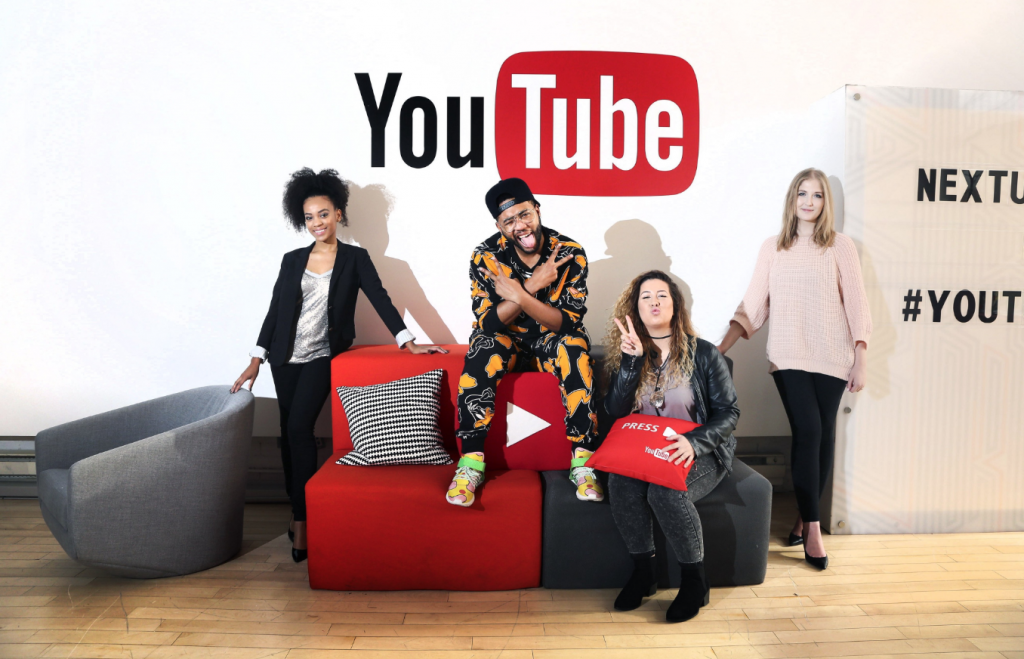
“This system is particularly stacked against small individual creators, who are competing on an overcrowded platform against corporate monoliths such as T-Series, BuzzFeed, and Bon Appétit, as well as seemingly independent major influencers, who in fact more often than not have teams of people working for them,” says Zoe Glatt, a PhD researcher at the London School of Economics who studies YouTube. “These companies have the time and resources to pump out a much higher quantity and quality of content, which performs better algorithmically than an independent creator who has to work another job to earn a living.” Glatt says the algorithm — and the industrialization of YouTube — is “yet another compounding factor as to why traditional inequalities across intersections of race, class, and gender persist and, indeed, why the barriers to entry remain extremely high in the online video industry.”
‘The Bloodiest Battle in the Shortform Video App War Will Be Fought Through Off-Platform Embeds’ Chris Stokel-Walker, FFWD Medium (27th January 2020)

“In the case of TikTok and Byte, these platforms are able to reach and draw in new audiences by enabling easy shareability of their content on other platforms, and they control the marketing narrative by watermarking their content when it is downloaded,” explains Zoe Glatt, who is studying a PhD at the London School of Economics on YouTube.
‘‘This app is free and therapy is not’: Gen Z will keep using TikTok even if they don’t trust it’ Abby Ohlheiser, The Washington Post (15th November 2019)
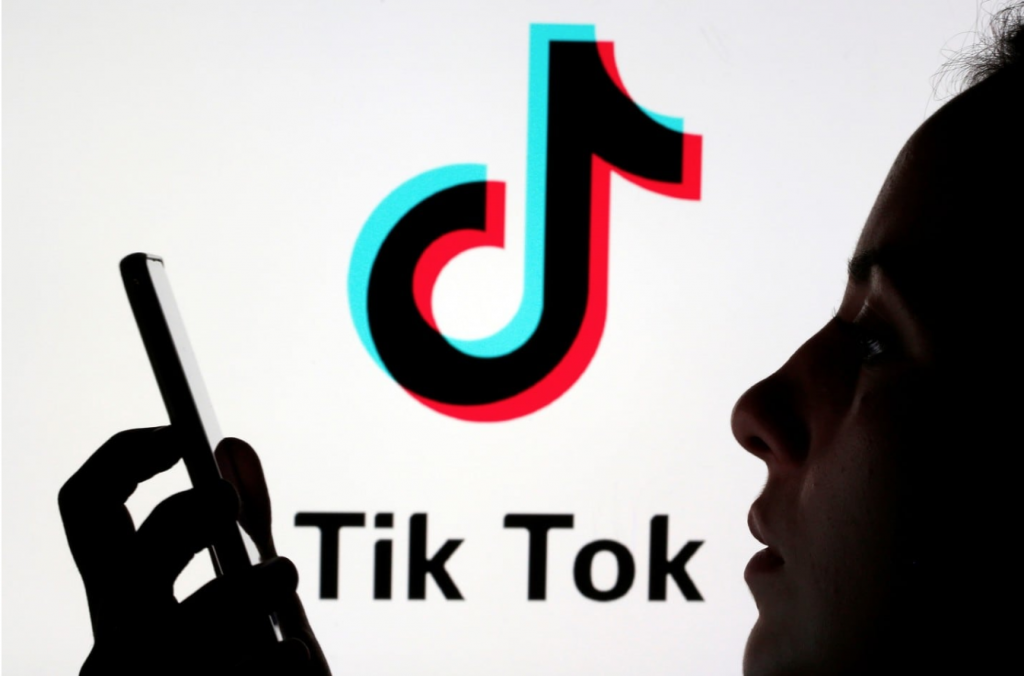
“Creators are critical of host platforms and feel that they don’t have their best interests at heart,” said Zoë Glatt, a researcher at the London School of Economics who studies content creators. “However, creators still use these platforms, often to share intimate details of their lives, because they want to communicate with their audience-community (whether these are friends or fans).”
‘What’s the Deal with Jacob Sartorius’s Social Media Proclamations?’ Chris Stokel-Walker, FFWD Medium (1st October 2019)
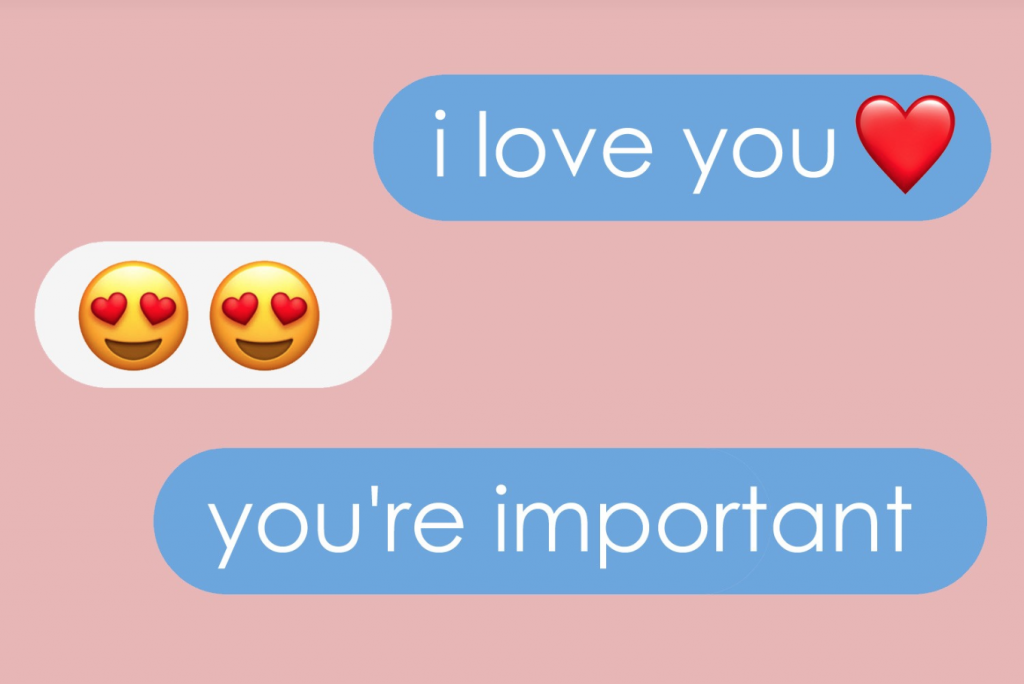
The popularity of influencers is differentiated from traditional mass media celebrity in its emphasis on the performance of authenticity, intimacy, availability and connectedness,” explains Zoe Glatt, who is studying YouTube for her PhD at London School of Economics. “Jacob Sartorius practices a particularly extreme version of this, actively cultivating a parasocial relationship where each follower feels like the personal recipient of his attention and affection... But while the messages appear to give off some semblance of intimacy — why else would you say “if i went in for it would u kiss me?” — Glatt is clear that they’re serving a different purpose. “These messages are not merely expressions of endearment from Sartorius to his fans, but work to solidify his appeal as a heart-throb, and ultimately to increase his popularity and record sales,” she says.
‘Why the Fast Forward Button is the YouTube Viewer’s Best Friend’ Amelia Tait, FFWD Medium (6th September 2019)

Today, users can upload videos that are hours long — and frequently do. “It’s now common to see vlogs and other content on YouTube that is half an hour or longer,” says Zoë Glatt, who is studying for a PhD on YouTube at London School of Economics… Glatt believes that the tendency to watch videos at 1.5x or 2x speed “suggests that audiences are taking a more means-to-an-end approach to content” by ensuring they can keep up with their favourite creators. “After all, if you follow even 10 channels religiously and each channel is now producing a 30-minute video per week, this is much more of a time commitment than it used to be.”
‘Influencers are now monetising their wedding day’ Chris Stokel-Walker, GQ (29th July 2019)
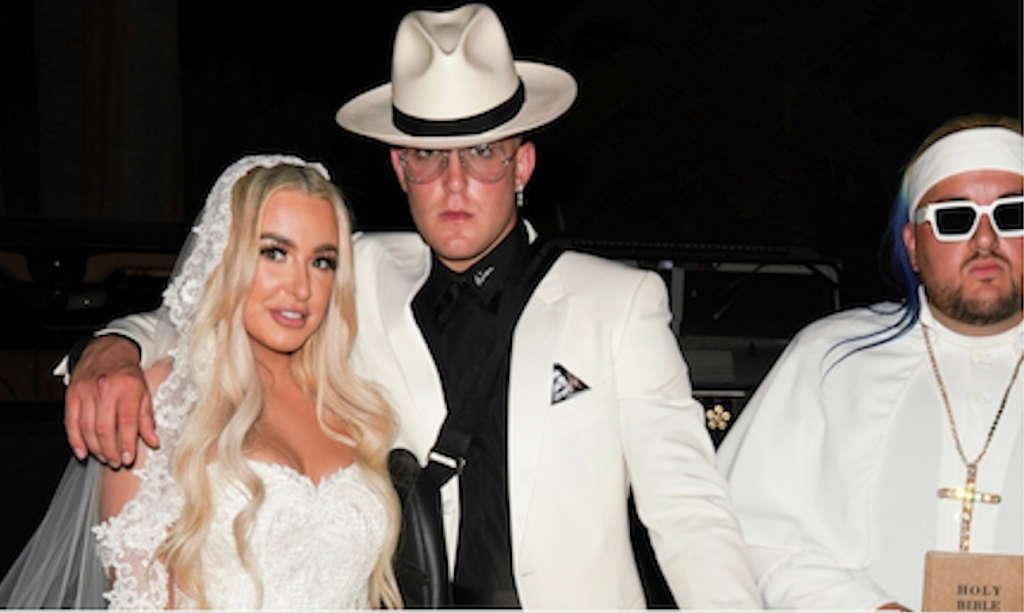
“This is the logical conclusion to the commodification of personal life that has been foundational to the influencer industry, similar to family creators monetising pregnancy vlogs and the ubiquity of oversharing personal issues,” says Zoë Glatt, who is studying YouTube for a PhD at London School Of Economics.
‘More Kids Want to Be YouTubers than Astronauts Because Obviously’ Chris Stokel-Walker, FFWD Medium (17th July 2019)
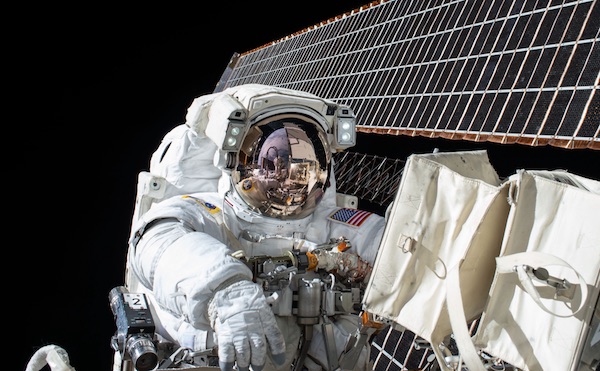
“Put simply, social media stars are the celebrities for the younger generation, much like astronauts were back in 1969,” says Zoe Glatt, a PhD researcher at the London School of Economics. “Not only this, but there is an accessibility to them that previous forms of celebrity did not have, with the perception that anyone can ‘make it’ in this growing industry as long as they have a smartphone. All this considered, it is no surprise that so many young people today aspire to follow this career path.”
‘Does Jake love Tana? YouTube’s power couple and the dangers of influencer fakery’ Chris Stokel-Walker, The Telegraph (26th June 2019)
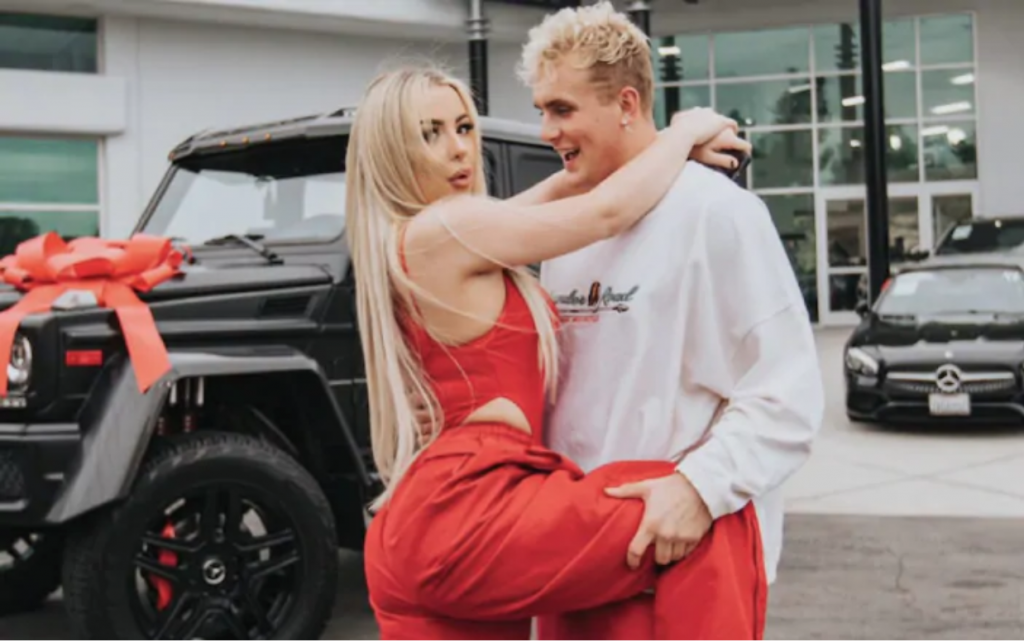
“She and her now-apparent fiancé Jake Paul are at the more reality TV end of the YouTube spectrum, both having courted controversy and drama for views in the past,” explains Zoe Glatt, who is studying YouTube for her PhD at London School of Economics. “Their YouTube content has long blurred the line between reality and entertainment. This, coupled with their massive combined online following, makes them the perfect object for a legacy media company such as MTV to grasp on to in a bid to reach the coveted youth/social media demographic.”
‘How A Desperation For YouTube Fame Ended In Tragedy’ Chris Stokel-Walker, Esquire (2nd May 2019)

“Pranks are an important part of YouTube – ‘a genre of content that is largely designed to the platform’s algorithmic preference for click-baity and shocking content,’ says Zoë Glatt, a PhD researcher at the London School of Economics. ‘In some corners of YouTube there is a race-to-the-bottom mentality. If the appeal of your content is that it is shocking or risqué, then the competitive nature of YouTube means that people have to post increasingly shocking and risqué content in order to be seen.’”
‘What does Lilly Singh’s NBC late-night show mean for YouTube?’ Teddy Amenabar, Washington Post (12th April 2019)
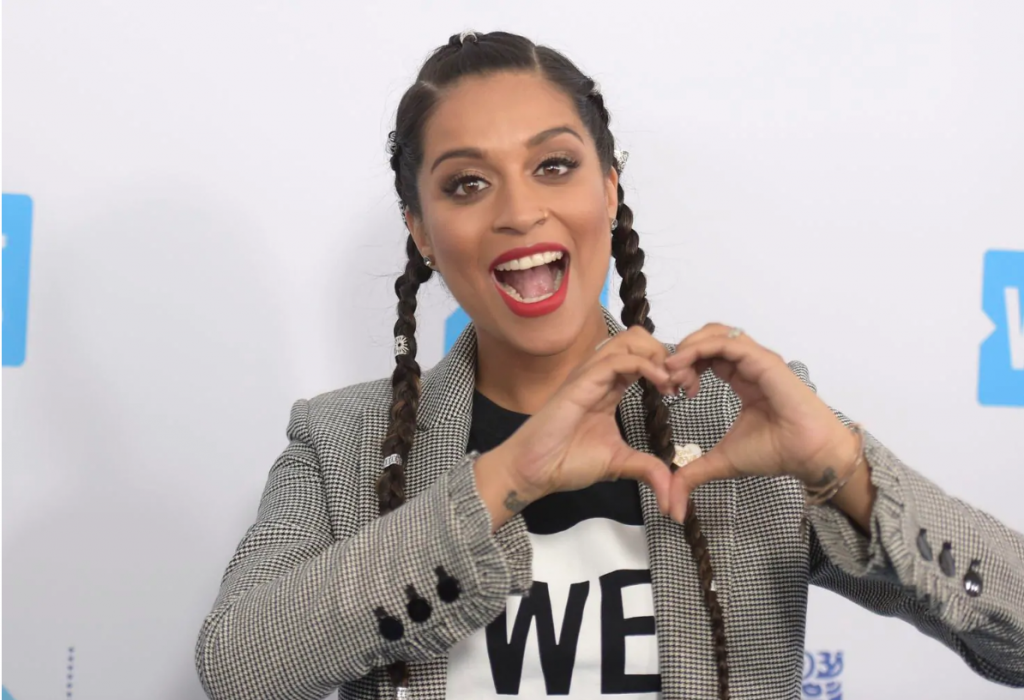
“There’s an increasing interpenetration between mainstream media and Internet media,” Glatt said. “Mainstream executives, I guess, have finally caught on to the fact that YouTube stars get more views than they do.”
‘The ethics and effect of YouTube’s fudged Tommy Robinson ban’ Will Bedingfield, Wired UK (5th April 2019)

“The restrictions do nothing, either, to mute Robinson’s dialogue with his followers. “They will undoubtedly stem the flow of new viewers to his channel, but that does not mean that his existing viewers will be any less engaged in his content,” says Zoë Glatt, a researcher at the London School of Economics.”
‘Banning comments won’t fix YouTube’s paedophile problem. Its algorithm is totally broken’ Chris Stokel-Walker, Wired UK (1st March 2019)
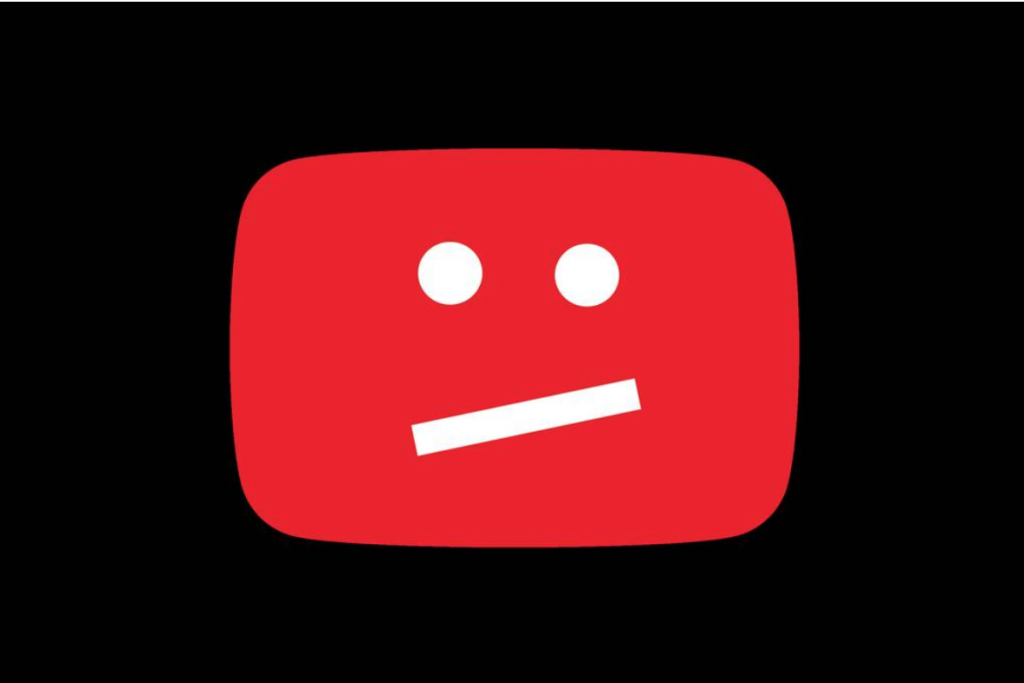
‘They’re completely aware of what the problem is, but they are giving a quick fix in order to appease advertisers,” says Zoe Glatt, who is studying YouTube for her PhD at London School of Economics. “Yes, in the short term turning off all comments will deal with this problem in the sense that it will stop predatory comments on videos of young people. But it’s like using a rocket launcher to kill a fly, and creators are the unintended casualties.”
‘YouTube Community Reacts to VidCon London 2019’ Bob Leak, TenEighty Magazine (20th February 2019)
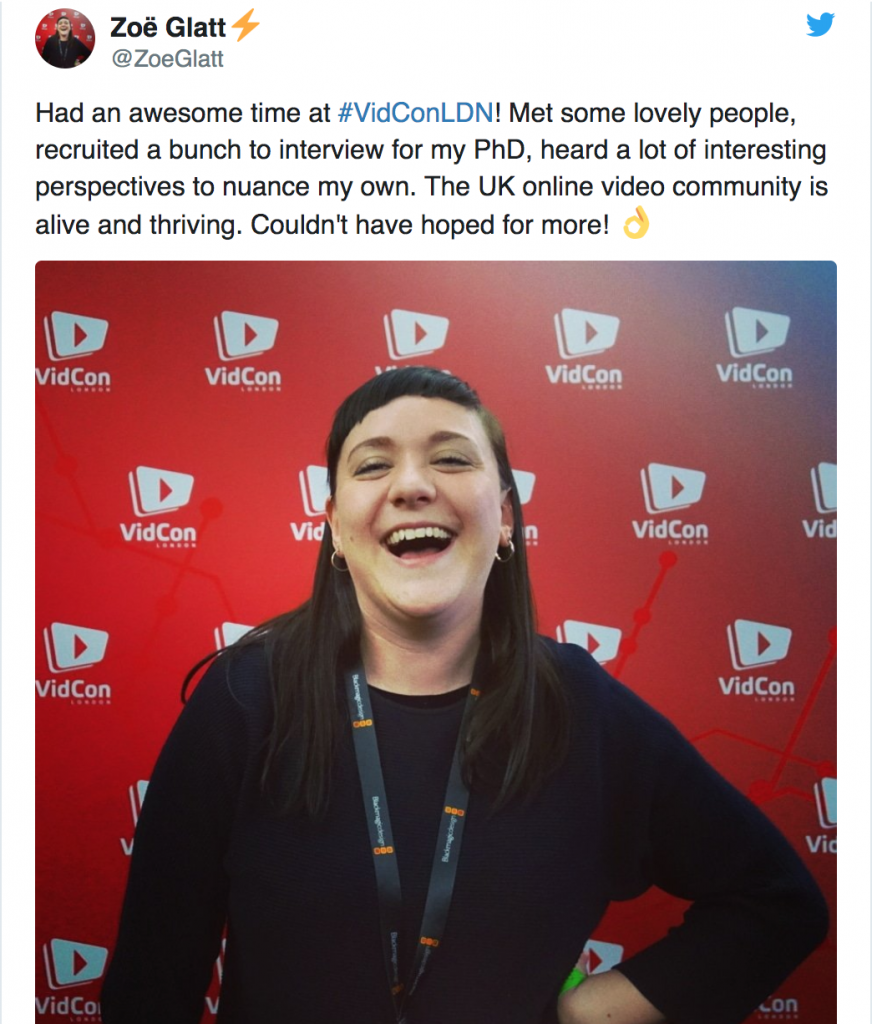
The convention received a wide array of responses from both attendees and creators alike, so we thought we’d round-up just what everyone had to say about the past weekend. “The UK online video community is alive and thriving,” was Zoe Glatt‘s response to VidCon London.
‘YouTube’s prank ban deepens the expanding rift with its creators’ Chris Stokel-Walker, Wired UK (16th January 2019)

“Similarly to Logan Paul’s suicide forest video, this sort of content is driven by the work that creators do to be seen, also referred to as visibility labour,” says Glatt. “In some corners of YouTube there is a race to the bottom mentality. If the appeal of your content is that it is shocking or risqué, then the competitive nature of YouTube means that people have to post increasingly shocking and risqué content in order to be seen.”
‘The Lonely Life of a Professional YouTuber’ Joe Zadeh, Vice (22nd February 2018)
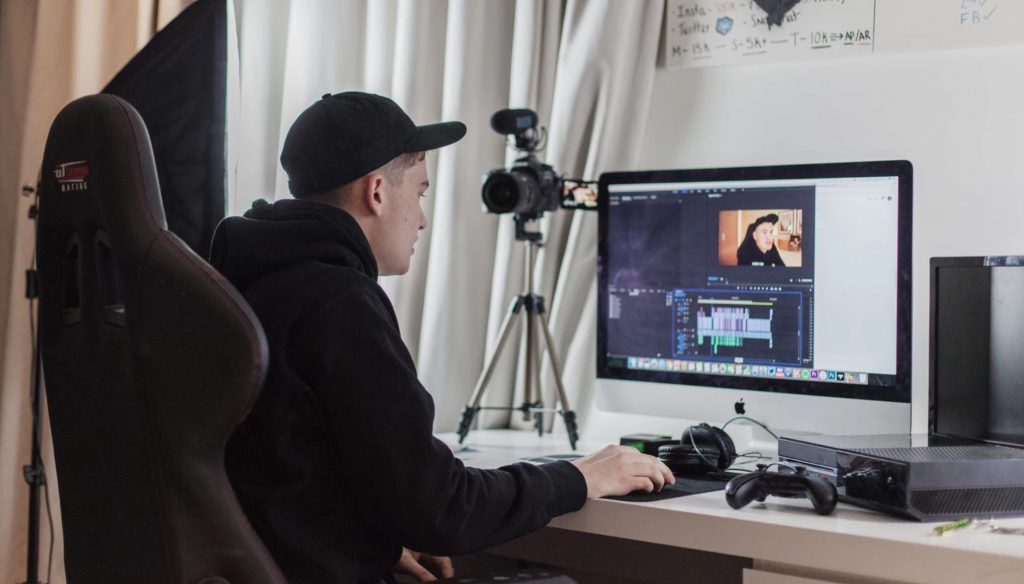
Two months ago, Ofcom released their “Children and Parents: Media Use and Attitudes Report” for 2017, and it contained striking revelations. Among 12 to 15-year-olds, YouTube was the most recognised content brand, ahead of ITV, Netflix and the BBC. Ninety percent of them use it, and the majority prefer it to watching a TV set.
‘Do scandals ever really knock YouTubers like Logan Paul, PewDiePie and Zoella?’ George Harrison, The Sun (9th January 2018)
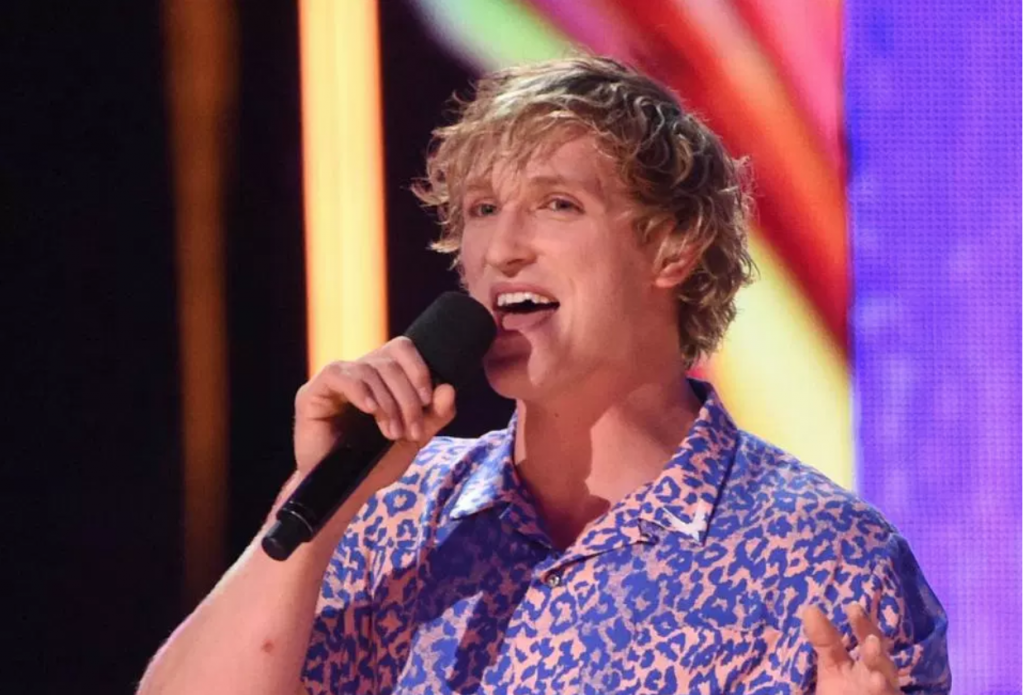
“He might find it harder to work with brands in the future, who fear looking bad by association. But greater than this, he has further alienated himself from the broader YouTube community. For the most part, the wider YouTube community – creators and viewers alike – has unequivocally denounced his Aokigahara video.”
‘James Charles causing gridlock in Birmingham and the popularity of social media celebrities’ ITV News TV interview (28th January 2019):
“When it comes to YouTubers, organisers of events often don’t realise the popularity and so they just don’t have the infrastructure in place.”
YouTube, social media and information overload – Guest on Nihal Arthanayake’s show, BBC 5 Live (10th September 2019)
